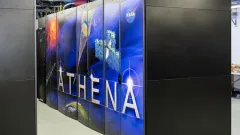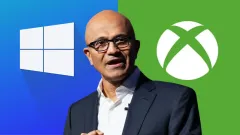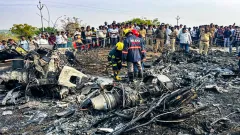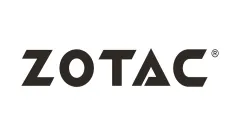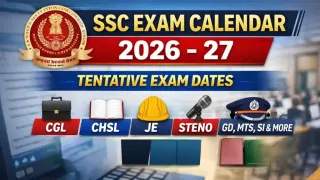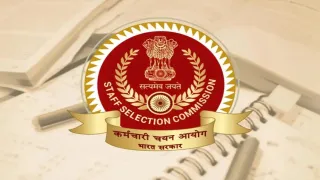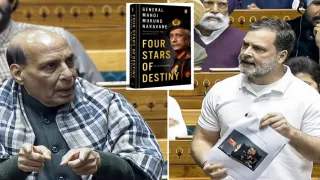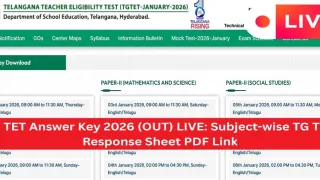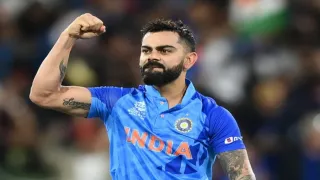UK Prime Minister Keir Starmer embarked on the largest-ever British trade mission to India, accompanied by over 125 leaders from business, academia, and culture. Departing from London, Starmer addressed the delegation from the cockpit of British Airways Flight 9100, highlighting the significance of the India-UK Free Trade Agreement (FTA) and stressing swift implementation. He said, “Our job is to make it easier for you to seize the opportunities,” signaling the UK’s commitment to strengthening economic ties with India.
Starmer’s visit marks his first official trip to India as Prime Minister, underscoring the importance of post-Brexit trade relations. Upon arrival in Mumbai, he was welcomed by Maharashtra officials and greeted with billboards featuring him alongside Indian Prime Minister Narendra Modi. The visit also includes cultural and sports engagements, reflecting a multifaceted approach to bilateral relations.
With the India-UK FTA finalized in July 2025 after three years of negotiations, both nations aim to enhance economic, technological, and investment cooperation amid global protectionism. The agreement is projected to eliminate tariffs on over 90% of UK goods and double bilateral trade by 2030 once fully ratified, making it the largest trade deal since Brexit. This trade mission includes representatives from leading UK firms such as BP, Rolls-Royce, BT, and Diageo, emphasizing the scale of the initiative.
UK's Largest-Ever Trade Mission to India
Prime Minister Starmer’s delegation of over 125 business, academic, and cultural leaders is the largest trade mission the UK has ever sent to India. The group aims to leverage the newly signed Free Trade Agreement to boost market access for UK companies and strengthen bilateral ties. Starmer emphasized that the mission’s focus is on facilitating business engagements, boosting investments, and helping UK firms capitalize on India’s growing market.
Starmer addressed the delegation from the cockpit during the flight to Mumbai, highlighting the unprecedented scale of the mission and the opportunities offered by the FTA. By including leaders from multiple sectors, the mission demonstrates a comprehensive approach to economic diplomacy and reflects the UK’s post-Brexit strategy to expand global trade partnerships.
Swift Implementation of the India-UK FTA
Starmer has repeatedly stressed the need to implement the India-UK FTA “as soon as humanly possible.” The agreement, finalized in July 2025, reduces tariffs on textiles, whisky, automobiles, and other goods, creating smoother market access for UK firms. The FTA is projected to double bilateral trade by 2030 and is considered the most significant trade deal since Brexit.
The agreement also includes cooperation in sectors such as technology, defense, climate initiatives, and education, under the ‘Vision 2035’ roadmap. By fast-tracking implementation, both nations aim to capture economic benefits quickly while addressing challenges posed by global protectionism. Starmer has committed to monitoring progress and ensuring the trade deal translates into concrete business outcomes.
Cultural and Sports Diplomacy
Starmer’s visit goes beyond trade to focus on strengthening cultural and sports ties. Upon arrival, he visited the Yash Raj Films studios in Mumbai to explore joint film ventures, fostering collaboration between the UK and Indian creative industries. This engagement reflects a broader strategy to strengthen people-to-people ties alongside economic initiatives.
Additionally, Starmer participated in a football showcase organized by the English Premier League at Cooperage Ground, South Mumbai, attended by former England star Michael Owen. These events highlight the UK’s use of cultural and sports diplomacy to complement its trade agenda and deepen bilateral relations.
Visa Policies Amid Trade Deal
Despite the historic trade agreement, Starmer clarified that the UK will not open additional visas for highly skilled Indian workers as part of the FTA. The focus remains on business engagement and investment rather than immigration policy changes. Temporary business travel provisions between India and the UK continue unchanged, allowing professionals to benefit from the trade deal without altering visa regulations.
This approach ensures the FTA contributes to economic growth while respecting domestic immigration policies. Starmer emphasized attracting top global talent to the UK, but the priority remains creating jobs and investment opportunities linked to trade and business collaboration.
Projected Economic Impact
The India-UK FTA is expected to significantly boost bilateral trade, with UK exports to India projected to rise by nearly 60%, adding approximately £25.5 billion annually to trade flows. Although the FTA may contribute only 0.13% to the UK’s GDP by 2040, it is expected to stimulate key sectors such as technology, defense, climate, education, and finance.
By eliminating tariffs on most UK goods, the agreement facilitates smoother trade and enhances competitiveness. Both countries anticipate increased investment flows, stronger supply chain integration, and expanded market access, highlighting the strategic importance of the FTA in a post-Brexit global economy.
'Vision 2035' Strategic Partnership
The FTA is a core component of the 'Vision 2035' roadmap, a 10-year plan aimed at strengthening India-UK collaboration across trade, investment, technology, security, climate, education, and cultural relations. Starmer and Modi are committed to advancing initiatives that foster sustainable growth, economic prosperity, and mutual strategic benefits.
This roadmap ensures a long-term, forward-looking partnership, addressing challenges and opportunities across sectors. The FTA underpins this vision, providing the economic foundation to support broader strategic objectives and people-to-people connections.
Enhanced Connectivity Between the UK and India
To support the strengthened bilateral relationship, British Airways has expanded its flight services to India, including new routes from Manchester to Delhi and increased frequency on key routes. This improved connectivity facilitates smoother business travel, tourism, and cultural exchanges between the two nations.
Enhanced connectivity ensures that trade, investment, and people-to-people interactions continue to grow. By making travel more accessible, both countries aim to maximize the benefits of the FTA while deepening cultural and economic cooperation in the post-Brexit era.
Also Read: PM Modi Inaugurates Navi Mumbai Airport: 7 Surprising Facts




